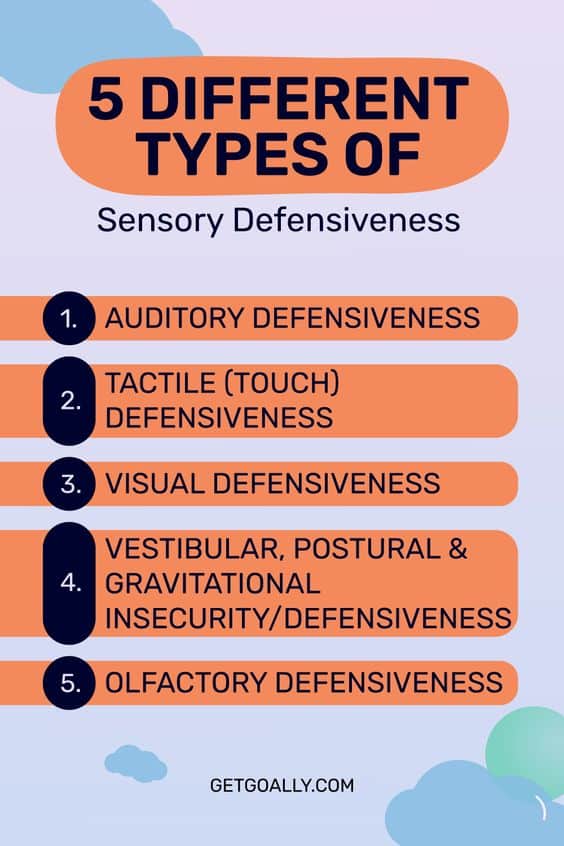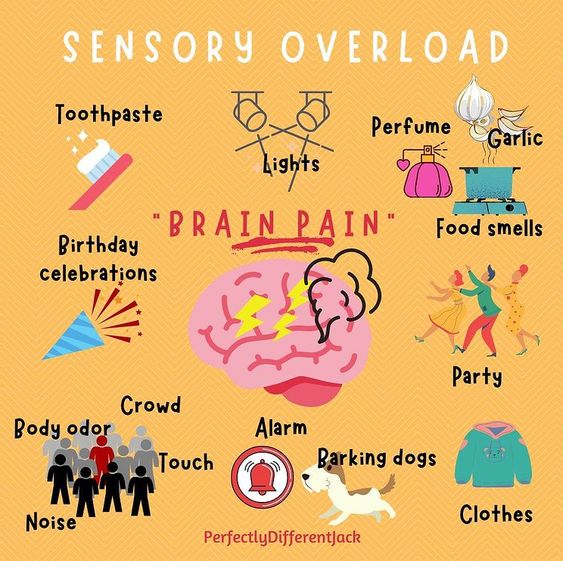Sensory gating is associated with various neurodivergent conditions involving atypical sensory processing and difficulties effectively filtering sensory input.
- Autism Spectrum Disorder (ASD): Sensory processing differences, including challenges with sensory gating.
- Attention Deficit Hyperactivity Disorder (ADHD): Difficulties filtering out distractions and maintaining focus.
- Sensory Processing Disorder (SPD): Challenges processing and responding to sensory input.
- Schizophrenia: Abnormal sensory gating, difficulty distinguishing important information from background noise.
- Post-Traumatic Stress Disorder (PTSD): Disrupted sensory gating, heightened sensitivity to sensory triggers.
Addressing sensory gating challenges is essential for supporting individuals’ sensory well-being and daily functioning. Goally, a tablet tool, offers apps that help children with sensory gating difficulties through digital visual schedules, teaching emotional regulation, executive functioning, and social skills. It supports their sensory experiences while building life and language skills.















